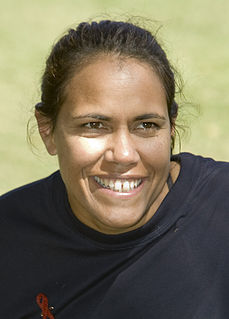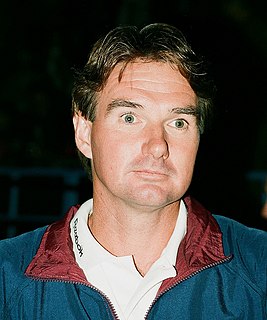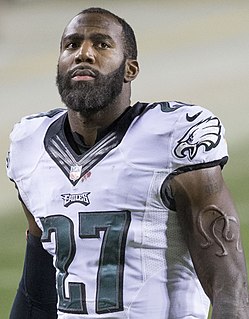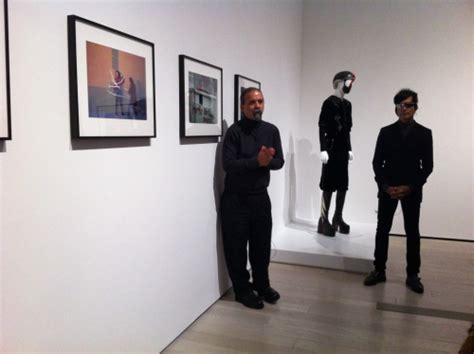A Quote by Jamie Dimon
We had a lot of gridlock on a lot of issues. But, the American system is pretty resilient.
Related Quotes
That's something a lot of athletes miss - a lot of them walk away too soon. They don't get everything out of their system. They have a lot of what-ifs when they're sitting around later in life. I don't have that. I got all that out of my system. I pushed it to the brink, I loved it, and when I walked away, I'd had enough.
That became my aesthetic - a very Chekhovian, American realist aesthetic in the tradition of Raymond Carver, Richard Ford, and Tobias Wolff. The perfectible, realist story that had these somewhat articulate characters, a lot of silence, a lot of obscured suffering, a lot of manliness, a lot of drinking, a lot of divorces. As my writing went on, I shed a lot of those elements.
The strike and its outcome had an enormous impact on the system of education and on our lives as well. The strike began as a response to the college's refusal to hire Professor Nathan Hare [the so-called father of black studies], and certainly unified the college around issues of justice. These issues were reflected in many communities: the Asian American community, Hispanic community, Native American community.
The fifties were pretty rebellious, a pretty rebellious period, around that time. And it was preceding the whole zoot suit thing which I think really contributed to a lot of anxiety, to a lot of frustration, a lot of blaming. And it just like boom, it was very destructive for us as a people, that right away put us on like we had to defend ourselves on every level, every moment. We seemed like we always had to be on guard.
The reality is that the founding fathers were land speculators. The fact was that you couldn't vote in this country if you did not own land, and that was basically you had to be a white man who owned land. Now how did they get that land? They basically had to steal it from someone, and that would be probably the Indians. And so most of the initial founding fathers were, while they may have had some really nice ideas about democracy, they had a lot of issues with people of color. They had a lot of issues with people who held things that they coveted.
I feel like 2013 was one giant snowball of me being confused with my place in life and within the group. A lot of it was self-confidence issues, a lot of outside issues, and a lot of me questioning the future of what I was doing. And my mistake was letting all that influence me so that I wasn't the best I could be in life!



































